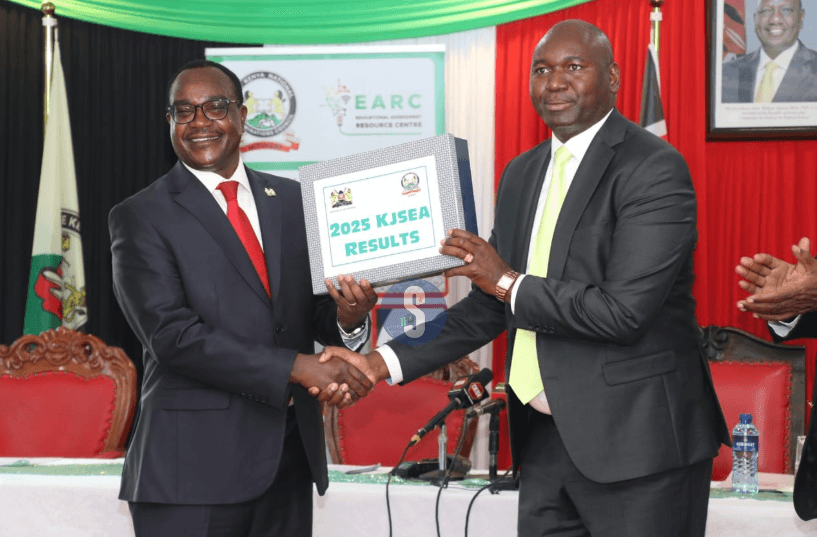Governors have warned of a looming spike in pending bills over Treasury's delay to release Sh98.23 billion to counties.
This comes barely 10 days to the end of the fiscal year.
Through the Council of Governors, the county chiefs said this has affected their development plans.
“The unwanted delay has jeopardised the operations of the counties and continues to affect the implementation of the budgets,” CoG boss Anne Waiguru said.
Waiguru, who is the Kirinyaga governor, said counties have been portrayed negatively on budget implementation, especially on development absorption rates.
With the delayed releases, counties will now be required to absorb the entire amount by June 30, in case the Treasury releases the cash.
It is illegal to disburse money outside the set time for a financial year, an issue Auditor General Nancy Gathungu has flagged as rampant.
"This is contrary to Article 260 of the Constitution which states that a financial year means twelve months ending on June 30 or other day prescribed by national legislation," the auditor said.
Regulation 97(4) of the Public Finance Management (National Government) Regulations, 2015, states that an actual cash transaction taking place after June 30 shall not be treated as pertaining to the previous financial year.
To beat the legal hurdle, some accounting officers record the transactions as if they relate to the year in question.
"As a result of late exchequer releases, both the national and county government entities were left with limited time to absorb the funds," Gathungu said in the audit for the year ending June 30, 2023.
She added that there is also "a risk of inefficient utilisation of resources by entities leading to wastage of public resources."
"This [late release] disrupts the performance of government programs by slowing down the attainment of entities' objectives and service delivery to the citizens," Gathungu said.
Various reports by Controller of Budget Margaret Nyakang’o have exposed the devolved units as big spenders on recurrent bills, especially personnel payments, as development suffers.
Two weeks ago, Nyakang’o released her quarterly Budget Implementation Review Report for the counties for the first nine months of the current financial year.
They revealed that counties spent a paltry Sh44.89 billion on development over the period. This translates to 16 per cent of the budgets of the devolved units.
This is compared to Sh146.53 billion or 54 per cent splashed on personnel compensation – wages, salaries and allowances.
On Tuesday, Makueni Governor Mutula Kilonzo Jr said the delayed disbursement at the close of the financial year has massive effects.
“We have been for the huge pending bills in counties but pending bills are caused by delayed releases,” he said.
He explained that any payments that are not made by June 1, will constitute a pending bill.
“What this late disbursement means is that you cannot make any payments after the closure of the financial year. You cannot make any procurement after the closure of that window,” he added.
This was the first time in the history of devolution that a financial year was ending with the Treasury yet to release funds for three months, Mutula said.
For his part, Kisii Governor Simba Arati said the delays have led to stalling of key development projects in the counties.
“I have never paid for any work done; any money I am getting I have to use to pay salaries. The big problem is in Treasury; as long as they delay funds, there will be no development,” Arati said.
CoG Finance committee chairman Fernandes Barasa (Kakamega) questioned why counties suffer in the hands of the Treasury.
“We can’t resolve the issues facing counties in terms of stalled projects if we haven’t sorted out the pending payment. Our issues are not with the conditional grant but the equitable share,” Barasa said.
The National Treasury cites cash flow challenges caused by underperforming revenues and huge public debt obligations for the delayed releases.
“The delay in disbursement of funds to counties has been occasioned by a shortfall in revenue collection as well as high public debt obligations,” Treasury CS Njuguna Ndung'u told MPs last year.













